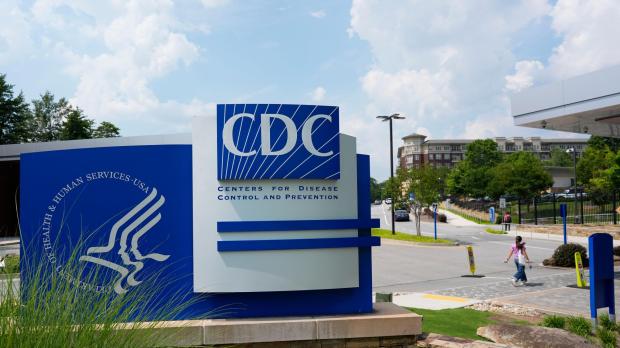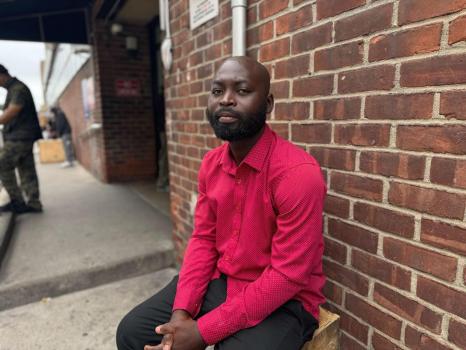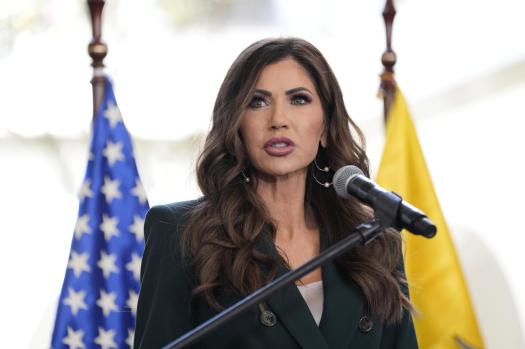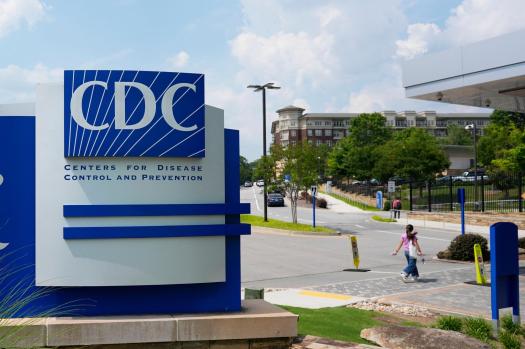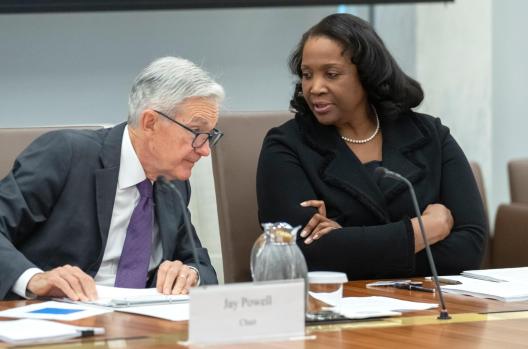Written by Lauran Neergaard and Mike Stobbe
Before addressing concerns regarding fall flu vaccines and a preservative in a small percentage of them that some antivaccine organizations have incorrectly linked to autism, U.S. Health Secretary Robert F. Kennedy Jr.’s new vaccine advisory committee supported an alternative strategy to shield infants from a harmful virus.
Related Articles
-
Longest-serving woman in Congress says she s not stopping anytime soon
-
Trump officials will give their first classified briefing to Congress on the Iran strikes
-
Supreme Court has 6 cases to decide, including birthright citizenship
-
Families and businesses are concerned about the effect of tariffs on youth sports
-
States can cut off Medicaid funding to Planned Parenthood, the Supreme Court rules
The respiratory syncytial virus, or RSV, is a common source of cold-like symptoms that can dangerously inflame an infant’s tiny airways. On Thursday, the Advisory Committee on Immunization Practices took up defenses against this virus.
U.S. health officials started suggesting two new ways to safeguard babies in 2023: a vaccine for expectant mothers and a lab-made antibody for newborns. Experts say these recommendations probably contributed to a decrease in infant death. The effectiveness of the first antibody, nirsevimab, in preventing infants from visiting the ER during the past year ranged from 63% to 76%.
Merck’s clesrovimab, another recently licensed antibody injection, should be used similarly, the vaccination panel voted 5-2 on Thursday.
Established almost 60 years ago, the ACIP assists the Centers for Disease Control and Prevention in deciding when and to whom a wide range of diseases should be vaccinated. The availability of immunizations and whether insurance covers them are significantly impacted by those recommendations.
Prior to becoming the nation’s top health official, Kennedy was a prominent advocate in the antivaccine movement.This month, he replaced the previous 17-member panel with a seven-member body that includes a number of vaccine doubters.
The committee helps advance the yearly autumn immunization campaign and often updates recommendations for Americans aged 6 months and up to receive a flu shot during its June meetings.
The panel may do a lot of the same this year, according to presentations made for Thursday’s meeting. However, there is also a vote on flu that is expected to cause debate.
In order to prevent bacterial contamination in multi-dose vials, a kind of mercury called trimerosal has been used into vaccines since the early 20th century.
Kennedy has long maintained that thimerosal and autism are related, and he has also charged that the government is concealing the risk. There is no proof that thimerosal causes autism, according to research after study. However, since 2001, with very few exceptions, vaccines produced for the US market and generally advised for children aged 6 and under have either no thimerosal or only trace levels of it.
Shortly after Kennedy’s new vaccine advisory was announced last week, thimerosal was added to the meeting’s schedule.
Lyn Redwood, the former president of the antivaccine organization Kennedy founded, now known as Children’s Health Defense, will address the committee prior to the vote.
According to some public health professionals, the thimerosal debate will unnecessarily cast doubt on vaccines and may also make them more costly and difficult to obtain this autumn.
Chrissie Juliano, executive director of the Big Cities Health Coalition, bemoaned the new ACIP panel’s agenda and the removal of the previous one during the panel’s meeting on Wednesday.
“If ACIP makes changes based on ideology rather than science, many routine vaccines may soon become inaccessible or unaffordable for millions of Americans,” she stated, expressing the serious worry of her organization, which represents large city health departments. The risks are just too great to allow it to occur.
From Washington, Neergaard provided updates.
The Robert Wood Johnson Foundation and the Department of Science Education of the Howard Hughes Medical Institute provide support to the Associated Press Health and Science Department. All content is entirely the AP’s responsibility.
